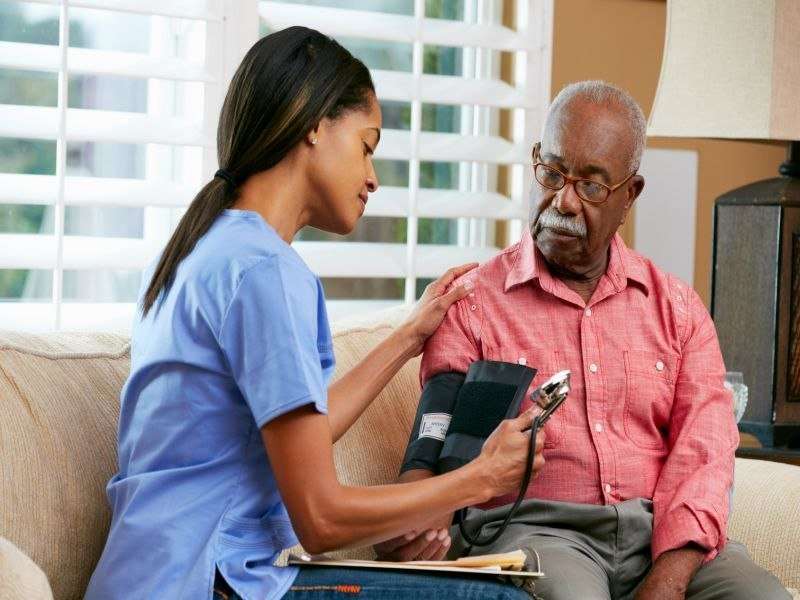(HealthDay)—Use of electronic health record (EHR) tools in isolation improves medication reconciliation but does not improve systolic blood pressure among patients with hypertension, according to a study published online July 9 in JAMA Internal Medicine.
Stephen D. Persell, M.D., M.P.H., from Northwestern University in Chicago, and colleagues conducted a randomized clinical trial involving 794 patients with hypertension who self-reported using three or more medications concurrently. Clinics were randomly assigned to EHR-based medication management tools (EHR alone group), EHR-based tools plus nurse-led medication management support (EHR-plus-education group), or usual care.
The researchers found that at 12 months, systolic blood pressure was greater in the EHR-alone group versus the usual care group (difference, 3.6 mm Hg; 95 percent confidence interval [CI], 0.3 to 6.9 mm Hg). There was no significant difference in systolic blood pressure in the EHR-plus-education group versus the usual care group (difference, −2.0 mm Hg; 95 percent CI, −5.2 to 1.3 mm Hg); systolic blood pressure was lower in the EHR-plus-education versus the EHR-alone group (difference, −5.6 mm Hg; 95 percent CI, −8.8 to −2.4 mm Hg). Compared with usual care, hypertension medication reconciliation was improved in the EHR-alone and EHR-plus-education groups (adjusted odds ratios, 1.8 [95 percent CI, 1.1 to 2.9] and 2.0 [95 percent CI, 1.3 to 3.3], respectively).
"The study found that EHR tools in isolation improved medication reconciliation but worsened blood pressure," the authors write.
One author disclosed financial ties to the pharmaceutical and medical device industries.
More information: Abstract/Full Text (subscription or payment may be required)
Journal information: JAMA Internal Medicine
Copyright © 2018 HealthDay. All rights reserved.























